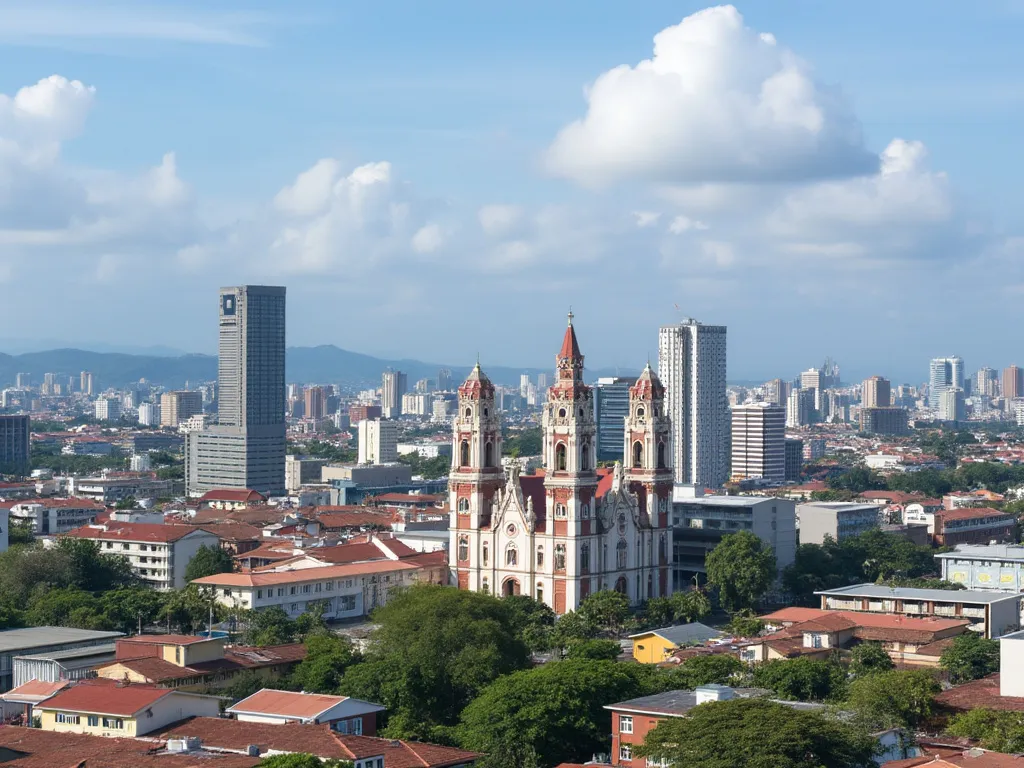
Malabo is the capital city of Equatorial Guinea, a small country located in Central Africa. The city is situated on the northern coast of the island of Bioko, which is the largest island in the Gulf of Guinea. Malabo is a bustling metropolis with a rich history, cultural significance, and economic importance.
Malabo Information
| Country | 🇬🇶 Equatorial Guinea |
| Population | 297,000 (2020 estimate) |
| Coordinates | 3.75°N 8.77°E |
| Area | 21 km² (8.1 sq mi) |
| Climate | Tropical monsoon climate |
| Language | Spanish (official), Fang, Bubi, Portuguese |
| Currency | Central African CFA franc (XAF) |
| Time zone | West Africa Time (GMT+1) |
| Proximity to other major cities | Bata (Equatorial Guinea), Douala (Cameroon), Libreville (Gabon) |
Historical Background of Malabo
Malabo was founded in 1827 by the British as a base for their anti-slavery operations. The city was named after the British governor, Col. William Малабо (Malabo). After the British left the island, Malabo became the capital of Spanish Guinea in 1885. The city has since undergone significant development, especially after Equatorial Guinea gained independence in 1968.
Geographical Location of Malabo
Malabo is situated on the northern coast of Bioko Island, approximately 21 km (13 miles) from the mainland. The city is nestled in a scenic volcanic valley, surrounded by mountains and dense forests. The climate is tropical, with high temperatures and high humidity levels throughout the year.
Cultural Significance of Malabo
Malabo is a culturally rich city, with a blend of African, Spanish, and indigenous influences. The city is home to several museums, including the National Museum of Equatorial Guinea, which showcases the country's history, art, and culture. The city also hosts several festivals throughout the year, including the Malabo International Film Festival and the Equatorial Guinea Music Festival.
Economic Importance of Malabo
Malabo is the economic hub of Equatorial Guinea, with several industries, including oil and gas, timber, and fishing. The city is also a major transportation hub, with a busy seaport and an international airport. The city is home to several multinational companies, including oil and gas giants, such as ExxonMobil and Hess Corporation.
Interesting Facts About Malabo
- Malabo is one of the smallest capital cities in the world, with a population of less than 300,000 people.
- The city is home to the famous Cathedral of Santa Isabel, a beautiful Catholic cathedral built in the late 19th century.
- Málabo is home to the Equatorial Guinea National Stadium, a 15,000-seat stadium that hosts international football matches.
- The city has a vibrant nightlife, with several bars, clubs, and restaurants.
Tourist Attractions in Malabo
- The National Museum of Equatorial Guinea
- The Cathedral of Santa Isabel
- The Malabo National Park
- The Bioko Island Marine Reserve
- The Equatorial Guinea National Stadium
Conclusion on Malabo
Málabo is a fascinating city with a rich history, cultural significance, and economic importance. The city offers a unique blend of African, Spanish, and indigenous influences, making it a must-visit destination for travelers and culture enthusiasts. With its beautiful scenery, vibrant nightlife, and rich cultural heritage, Malabo is an excellent choice for anyone looking to explore the unknown.
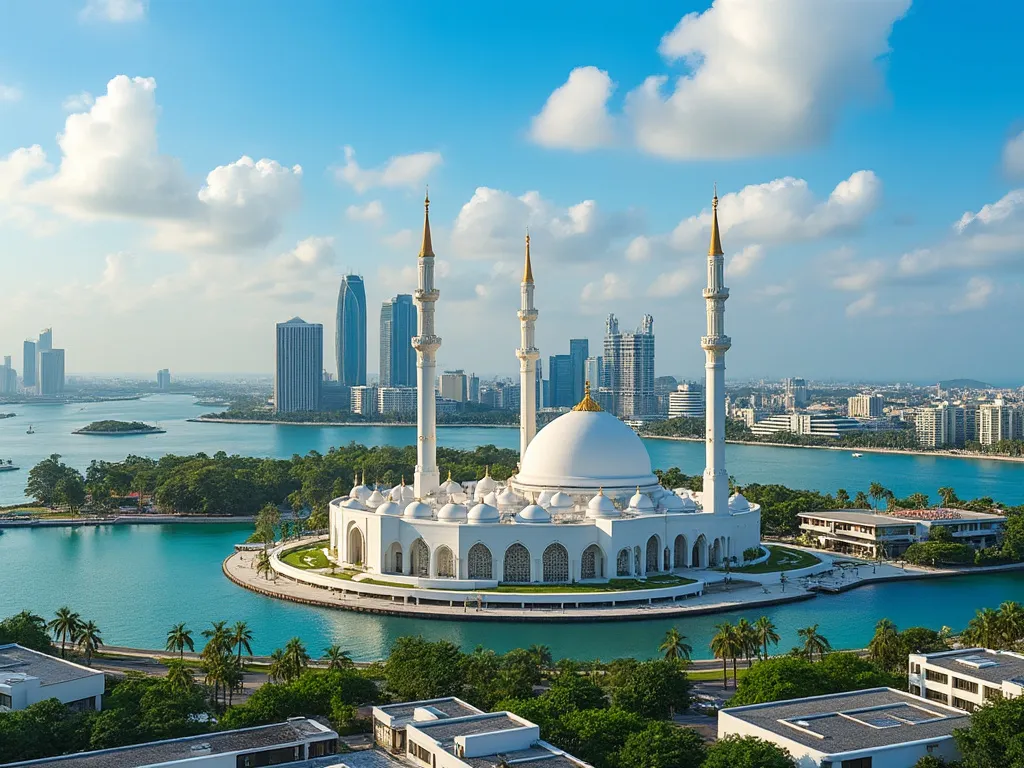 Malé
Malé
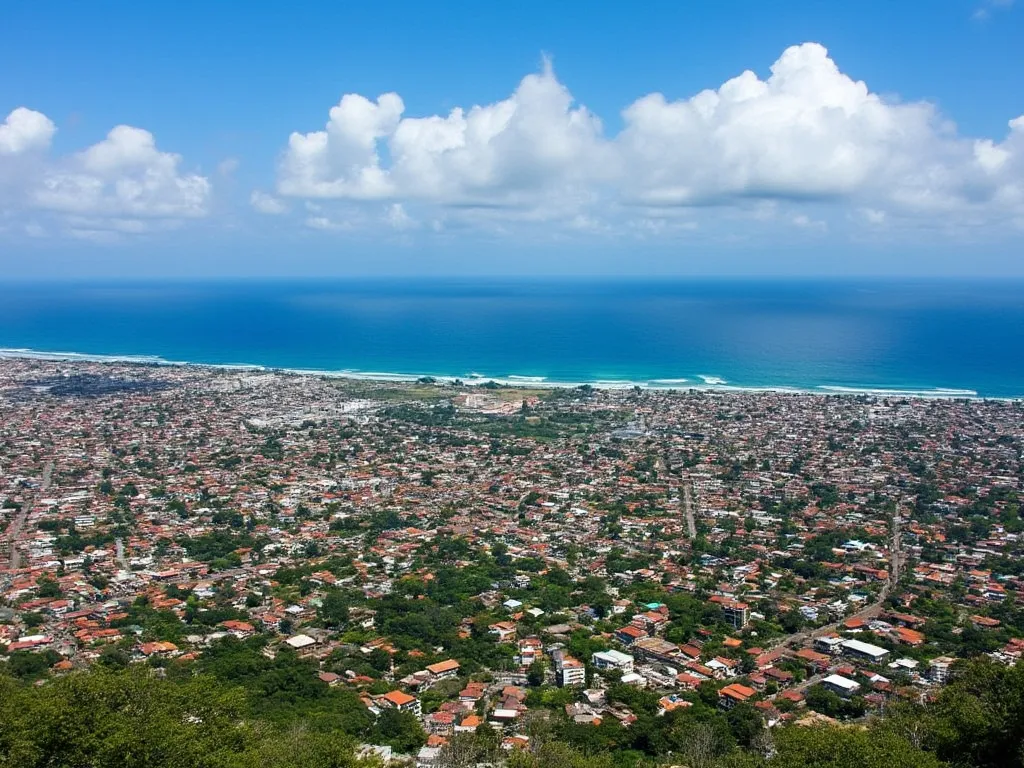 Mamoudzou
Mamoudzou
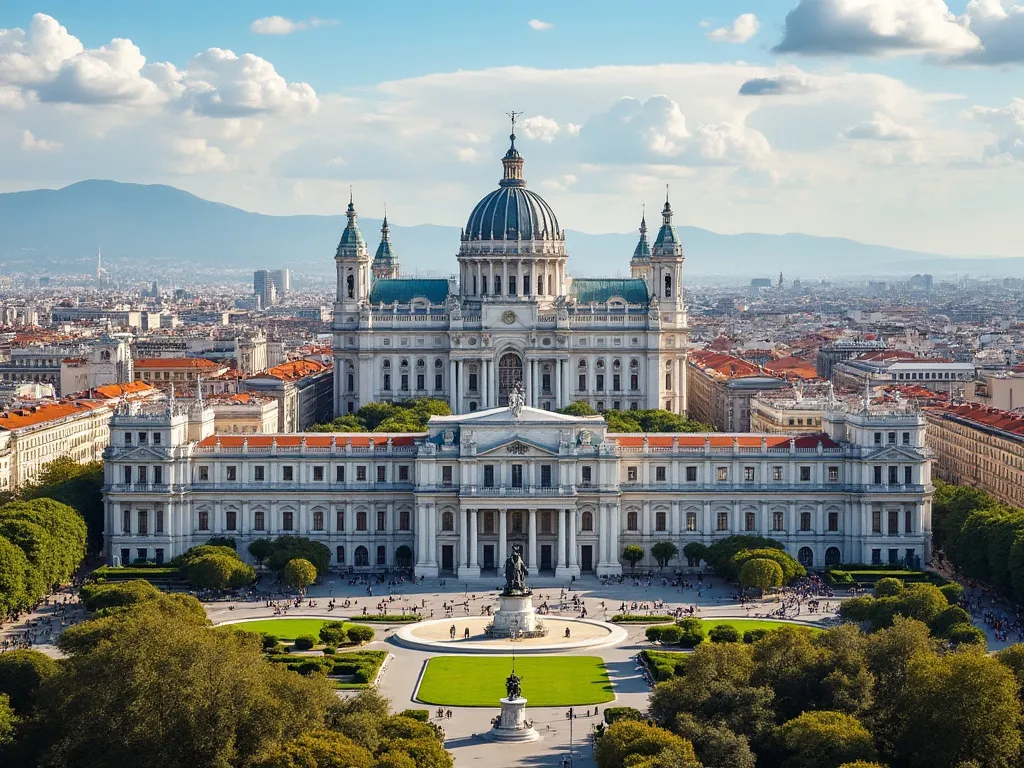 Madrid
Madrid
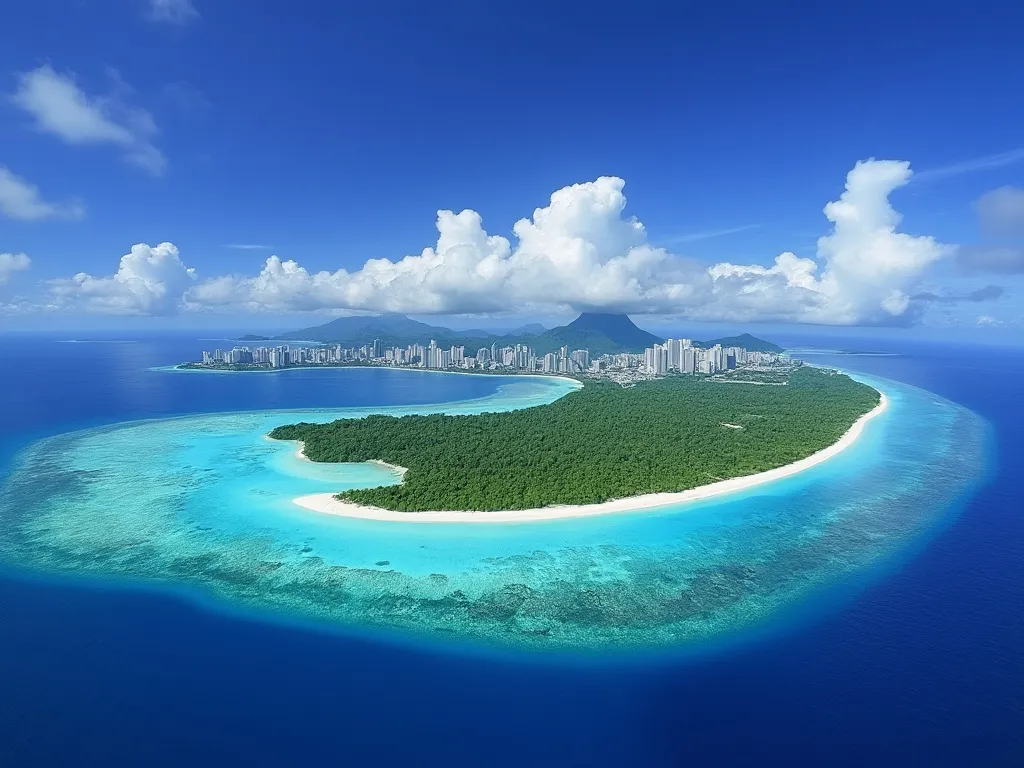 Majuro
Majuro